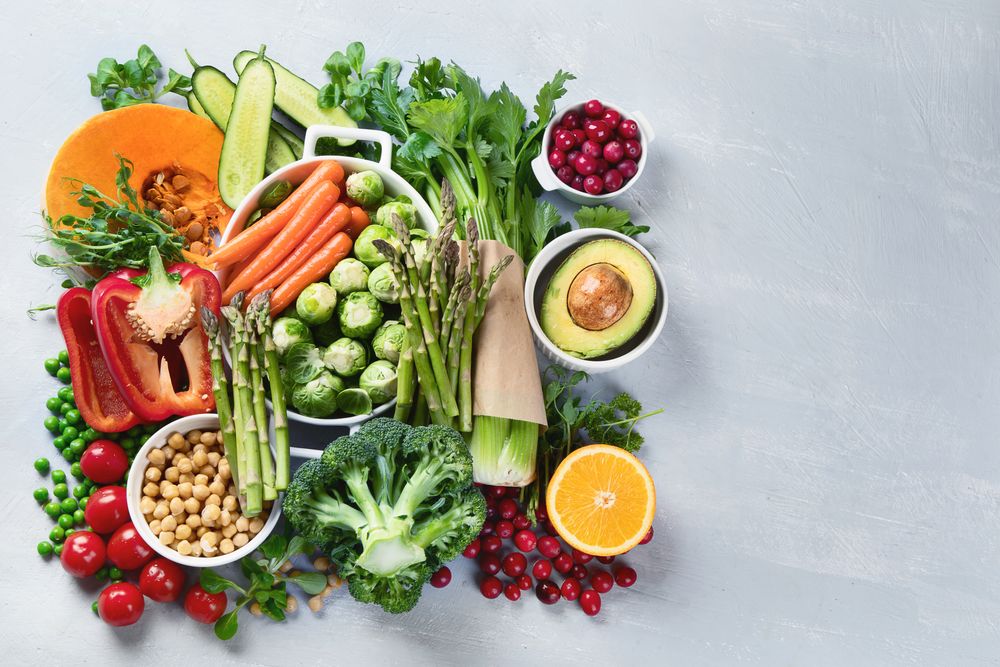Health experts have long advocated for the inclusion of antioxidant-rich foods in a balanced diet, supported by extensive research highlighting their numerous benefits.
Predominantly present in plant-based foods, antioxidants play a crucial role in counteracting oxidative stress, thereby safeguarding against cellular damage induced by free radicals. This protective function underscores the importance of consuming a diet rich in fruits, vegetables, and other nutrient-dense foods, as it may lower the risk of oxidative stress-related ailments, including heart disease, certain cancers, Alzheimer's disease, and various other health conditions.
A review featured in Public Health Nutrition has associated diets abundant in fruits and vegetables with decreased mortality rates, coined the "antioxidant hypothesis." Scientists suggest that the collective presence of antioxidants, fiber, and essential nutrients in these foods contributes to shielding against various chronic diseases and inflammation, potentially extending lifespan.
Obtaining antioxidants from natural food sources rather than supplements is crucial, as the synergistic interplay of antioxidants in food, coupled with nutrients like fiber and vital vitamins, offers superior health advantages compared to isolated supplementation. Thus, incorporating berries into your meals, including vegetable sides, opting for 100% fruit juice, or indulging in fresh or dried fruits as snacks are optimal strategies for integrating these free-radical-combatting foods into your daily regimen.
It's worth noting that certain processed produce items, such as dried fruits, cooked vegetables, and 100% fruit juices, may contain more antioxidants than their fresh counterparts but often come with higher calorie counts due to their concentrated nature. However, by adopting a plant-forward diet featuring a variety of fresh, frozen, dried, cooked, and juiced produce, you can ensure your diet is abundant in beneficial antioxidants.
To facilitate the inclusion of these natural disease-fighting agents into your daily nutrition, we've curated a list of the top 25 antioxidant-rich fruits and vegetables with the assistance of the Antioxidant Food Table. Initially published in Nutrition Journal in 2010, this exhaustive compendium comprising over 3,000 foods remains one of the most-cited references regarding the antioxidant capacity of plant-based foods and beverages. We utilized data from the Antioxidant Food Table, alongside other reputable sources, to compile this comprehensive list.
1) Strawberries
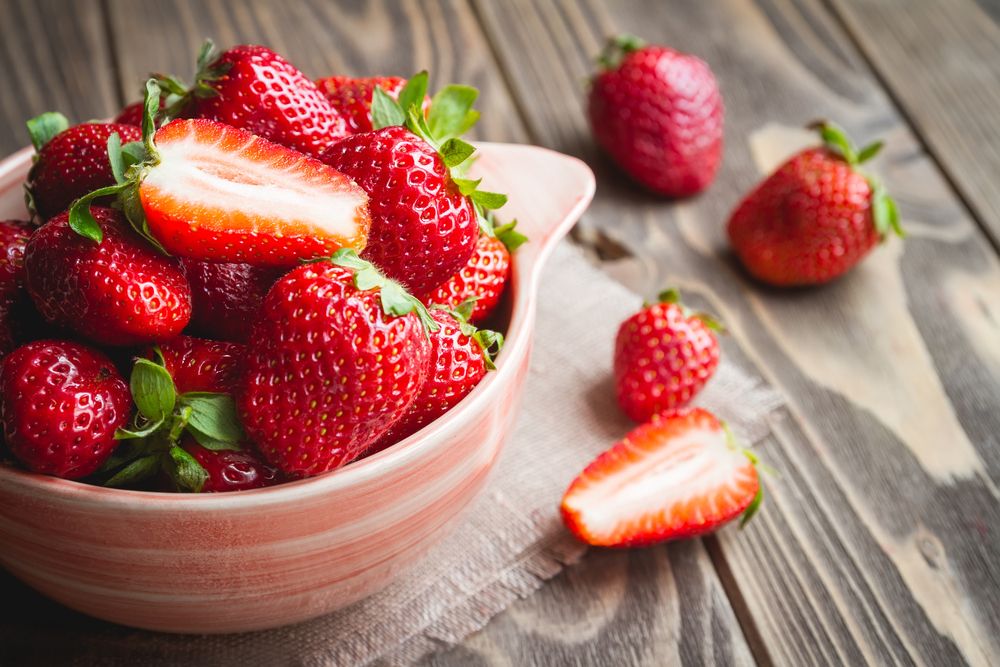
With an antioxidant capacity of 2.1 mmol/3.5 oz, strawberries stand out as a rich source of flavonoid antioxidants and vitamin C. Additionally, they offer essential nutrients like fiber, potassium, and folate. The research highlighted in Critical Reviews of Food Science and Nutrition underscores strawberries' significance as a source of ellagic acid, anthocyanins, quercetin, and catechins, contributing to their high antioxidant capacity. Furthermore, studies suggest that strawberries promote heart health, aid in blood sugar management, and possess anti-inflammatory properties.
2) Artichokes
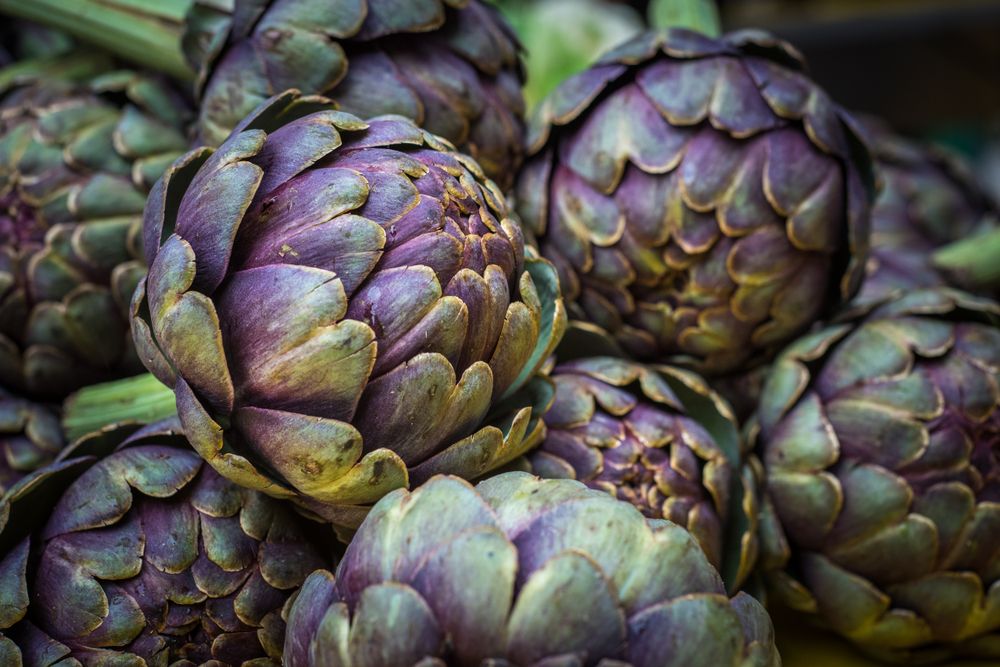
With an antioxidant capacity of 3.5 mmol/3.5 oz, artichokes offer not only antioxidants but also a range of bioactive compounds such as cynarine, chlorogenic acid, caffeic acid, and flavonoids. Traditionally, artichokes have been utilized to enhance digestion and liver health, along with potential benefits including lowered blood pressure and cholesterol levels.
3) Curly Kale
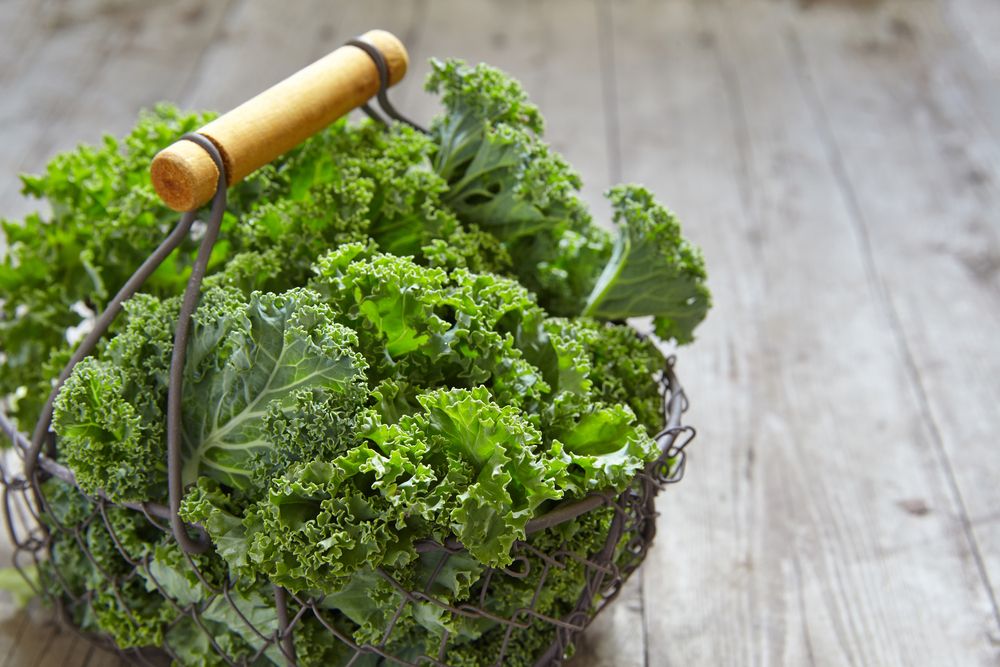
With an antioxidant capacity of 2.8 mmol/3.5 oz, kale, along with other cruciferous vegetables, is renowned for its antioxidant richness. Kale is packed with vitamin C, carotenoids, folate, calcium, potassium, and fiber, making it a highly nutritious choice. Research suggests that kale is abundant in polyphenolic compounds, further enhancing its antioxidant capacity. Opting for raw kale in salads may offer the maximum benefits, as cooking kale has been found to reduce its antioxidant content.
4) Frozen Spinach
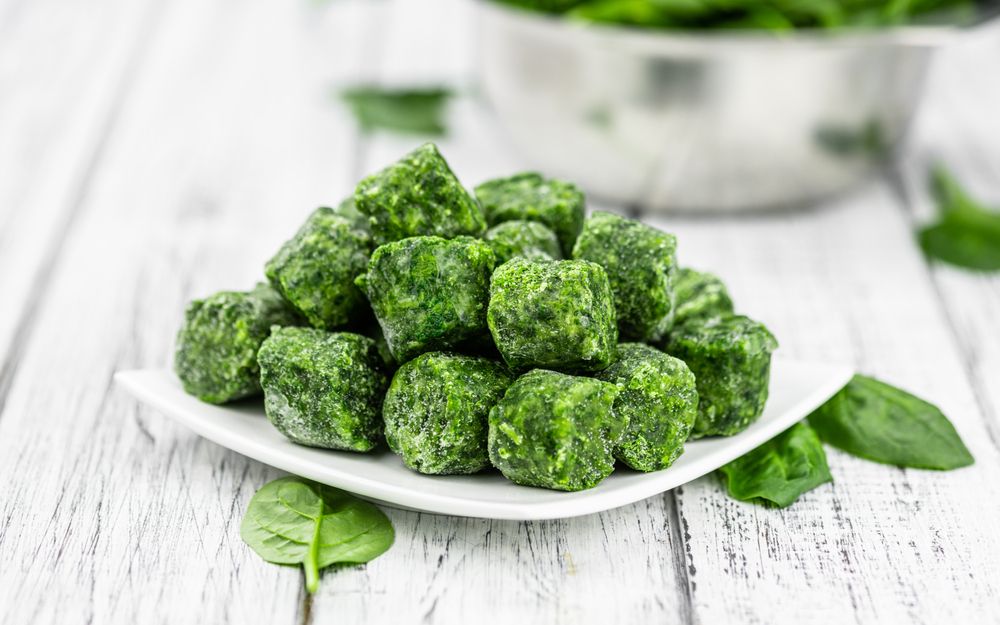
With an antioxidant capacity of 1.10 mmol/3.5 oz, spinach is a valuable addition to your antioxidant-rich diet. Dark green vegetables, including spinach, are abundant sources of vitamins, minerals, and antioxidants. Spinach offers vitamins A, C, K, folate, and fiber. Its carotenoids, such as lutein and zeaxanthin, act as potent antioxidants, contributing to eye health. Research published in the European Journal of Clinical Nutrition suggests that spinach helps protect against oxidative DNA damage.
5) 100% Pomegranate Juice
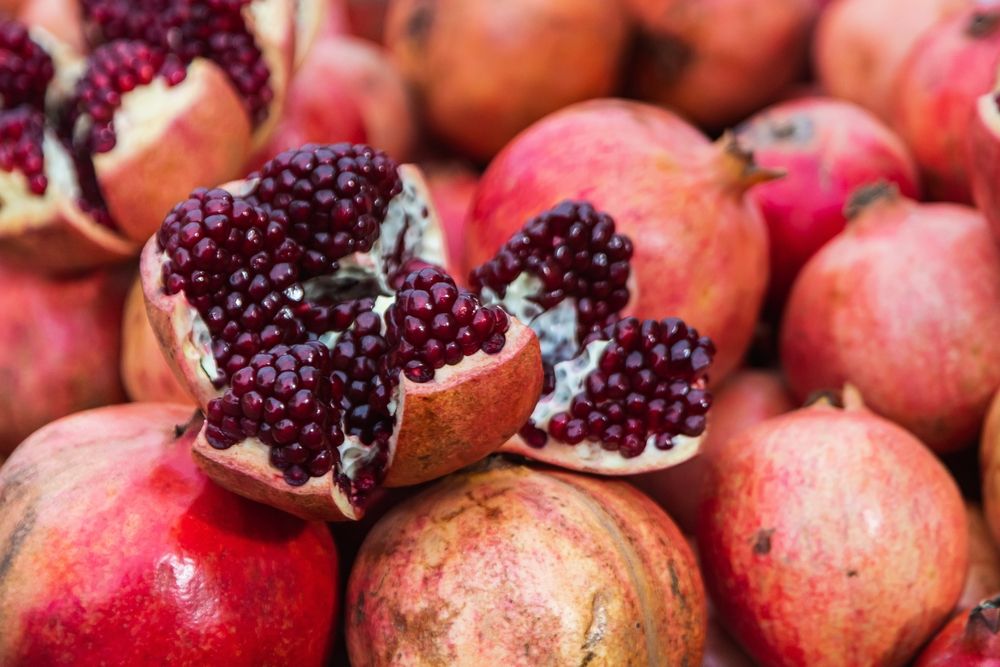
With an antioxidant capacity of 1.10 mmol/3.5 oz, spinach is a valuable addition to your antioxidant-rich diet. Dark green vegetables, including spinach, are abundant sources of vitamins, minerals, and antioxidants. Spinach offers vitamins A, C, K, folate, and fiber. Its carotenoids, such as lutein and zeaxanthin, act as potent antioxidants, contributing to eye health. Research published in the European Journal of Clinical Nutrition suggests that spinach helps protect against oxidative DNA damage.
6) Black Olives
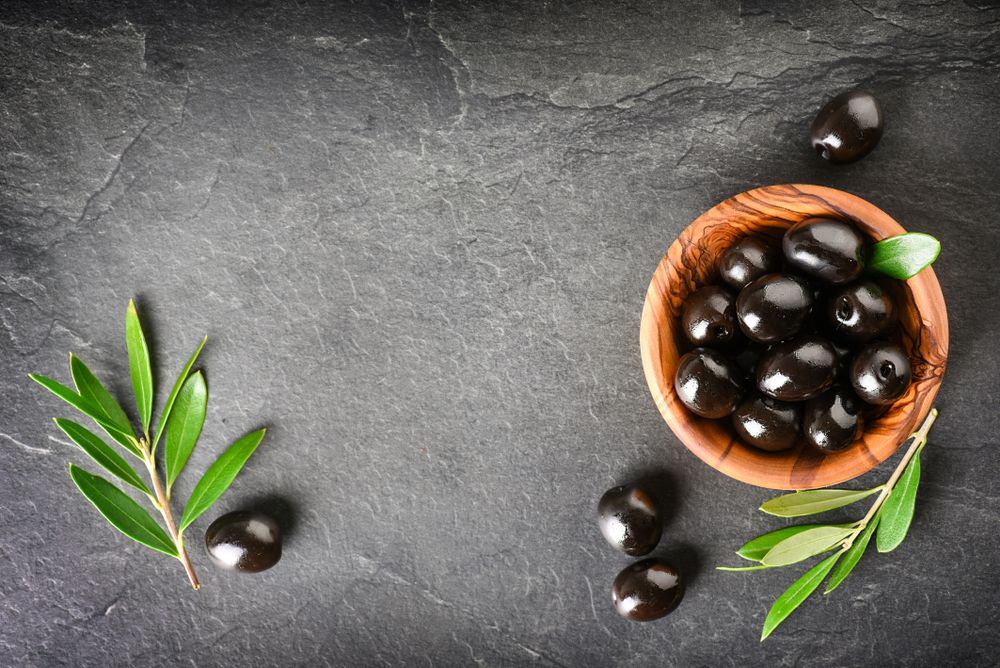
With an antioxidant capacity of 1.7 mmol/3.5 oz, olives are not just healthy unsaturated fats but also small fruits grown on olive trees. Their dark purple or black hues often indicate richness in beneficial antioxidants, including vitamin E, with black olives being a prime example. All olives contain antioxidants, making extra virgin olive oil one of the healthiest fats to incorporate into your diet.
7) Dried Apricots
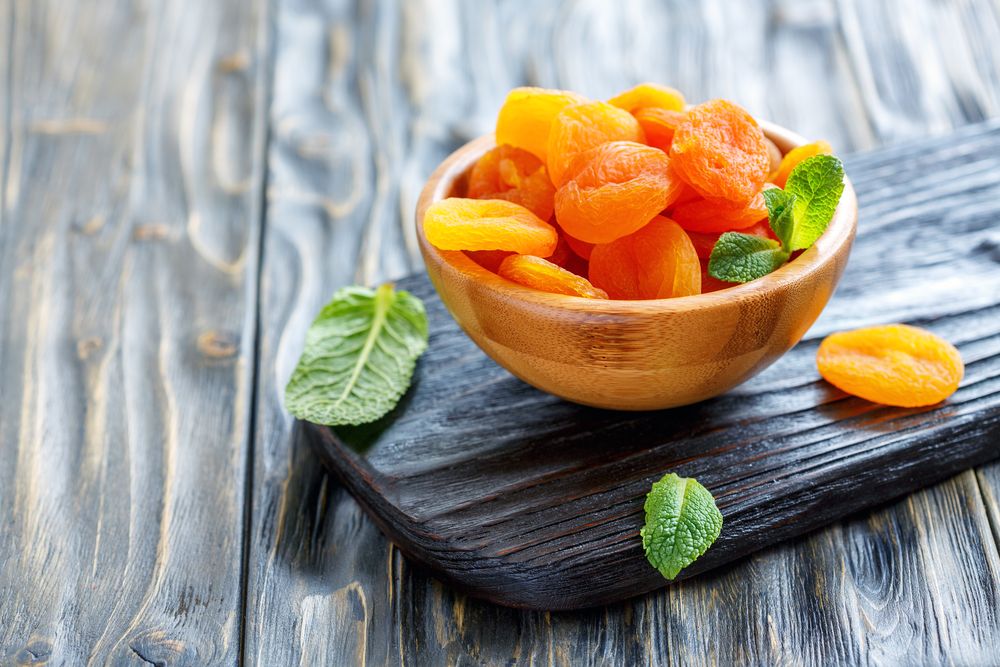
With an antioxidant capacity of 3.1 mmol/3.5 oz, dried apricots are highlighted in a study published in the journal Foods for their richness in flavonoids, carotenoids, and phenolics, showcasing strong antioxidant activity. Alongside their potent antioxidant properties, apricots are abundant sources of vitamins A, C, and E, B vitamins, potassium, magnesium, and various other essential nutrients.
8) Prunes
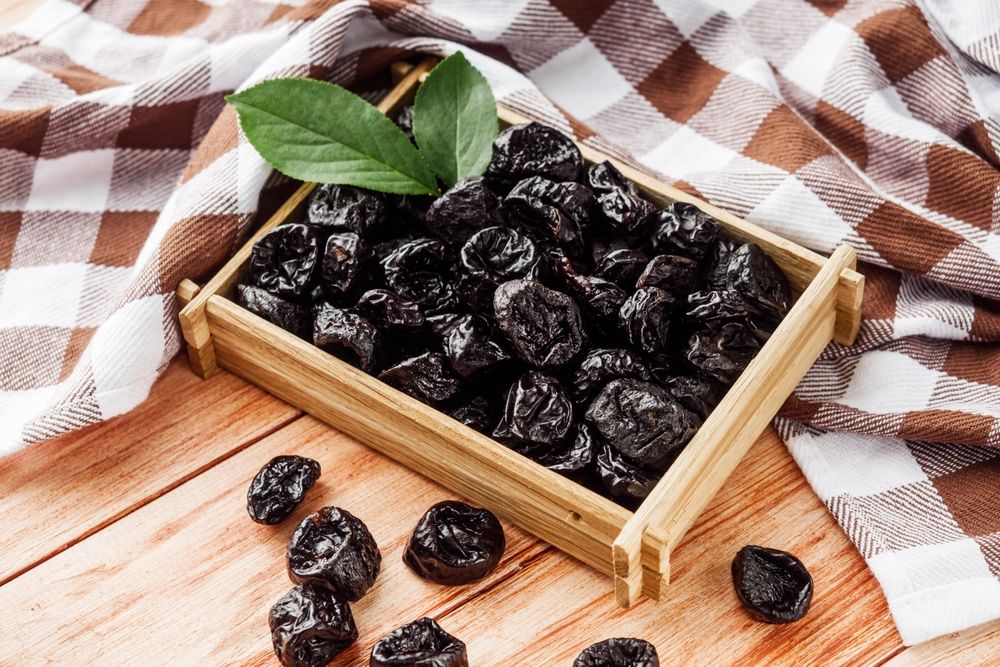
With an antioxidant capacity of 3.7 mmol/3.5 oz, prunes are consistently highlighted in numerous studies as being rich in antioxidants. In the Antioxidant Food Table, prunes ranked 11th out of 3,100 foods and beverages analyzed. A study published in the journal Biofactors revealed that prunes contain a variety of compounds contributing to their antioxidant capacity, such as cinnamic acids, benzoic acids, lignans, and flavonoids. These compounds make prunes an excellent addition to your diet for boosting the antioxidant content of your meals and snacks. Additionally, prunes provide a range of other beneficial nutrients, including fiber, which supports a healthy gastrointestinal tract and offers various health benefits.
9) Dried Apples
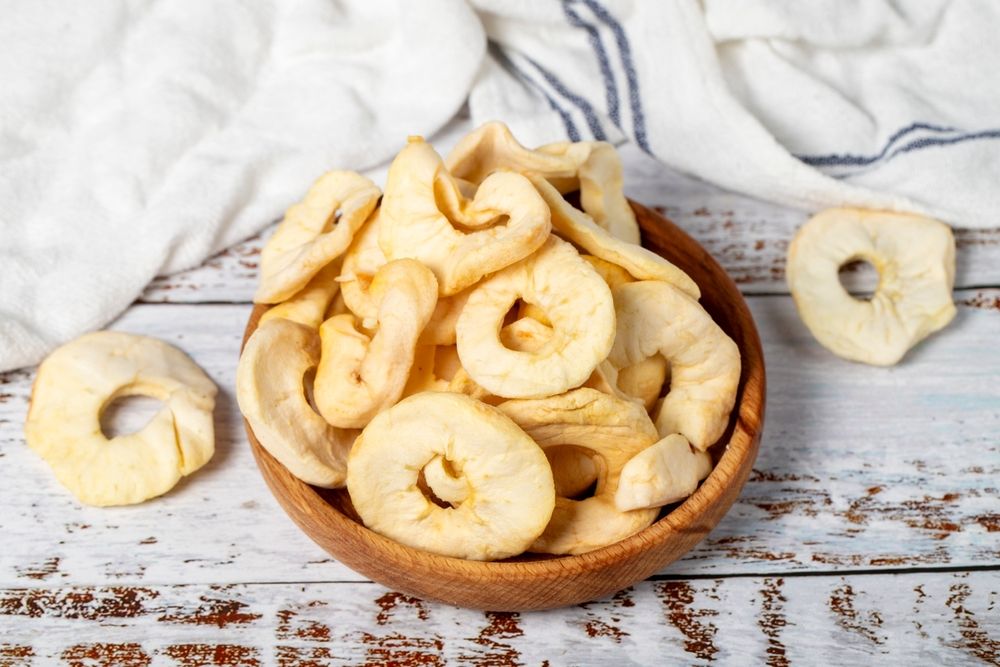
With an antioxidant capacity of 3.8 mmol/3.5 oz for dried apples compared to 0.4 mmol/3.5 oz for fresh apples, dried fruit typically boasts higher antioxidant levels due to its concentrated nature. The Antioxidant Food Table confirms that dried apples exhibit greater antioxidant capacity than their fresh counterparts. However, it's crucial to be mindful of portion sizes when consuming dried fruit, as they pack more calories per volume compared to fresh fruit.
10) Okra
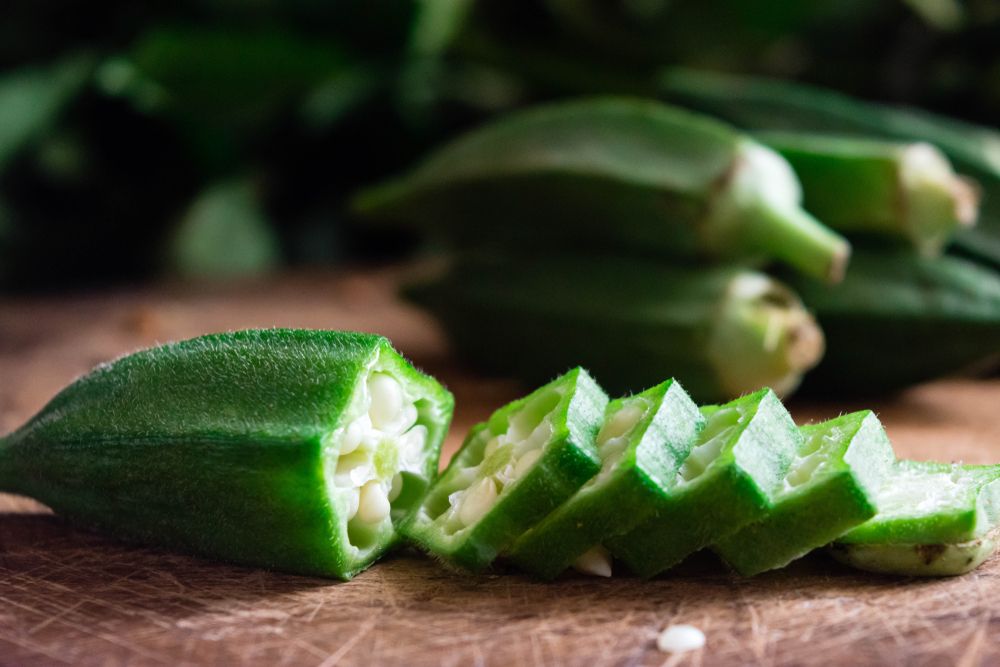
With an antioxidant capacity of 4.2 mmol/3.5 oz, okra stands as another antioxidant-rich addition to your diet, much like curly kale. This versatile vegetable is packed with essential nutrients, including vitamins A, C, and K, folate, manganese, and various B vitamins. Research published in the journal Molecules suggests that okra may play a role in reducing the risk of type 2 diabetes, cardiovascular disease, and digestive disorders, further highlighting its health benefits.
11) African Baobab
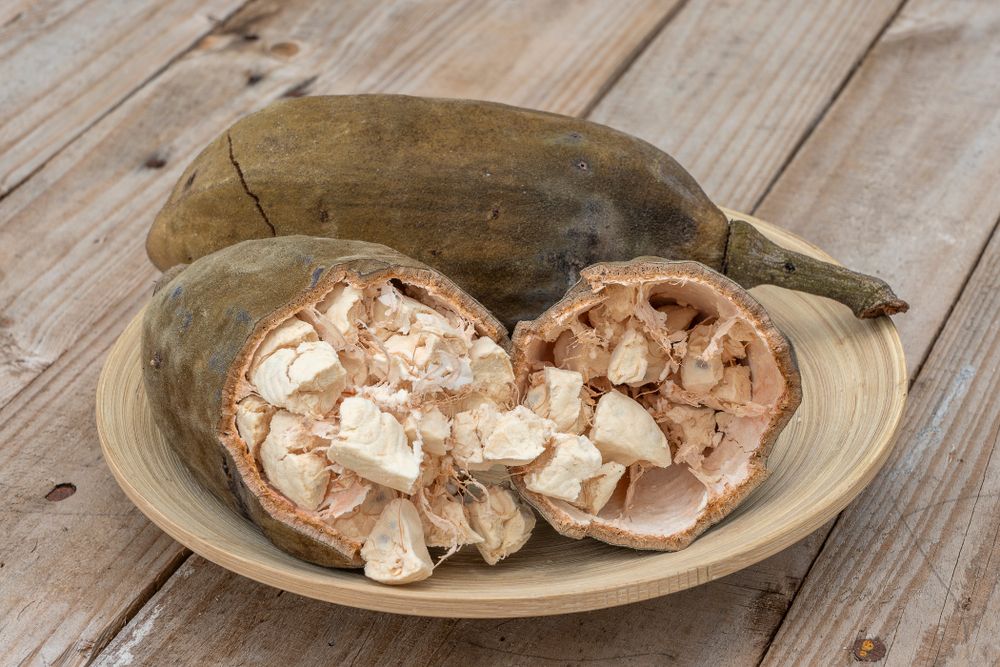
With an impressive antioxidant capacity of 10.8 mmol/3.5 oz, African Baobab fruit shines as a powerhouse in the realm of antioxidants, according to the Antioxidant Food Table. Originating from Africa, Australia, and Madagascar, Baobab trees yield fruit with a distinctive dry white powder texture when ripe, diverging from the typical juicy pulp found in fruits. This potent powder can be easily incorporated into various dishes, including yogurt, oatmeal, smoothies, and more. Furthermore, the fruit is renowned for its richness in vitamin C, further enhancing its antioxidant properties.
12) Blackberries
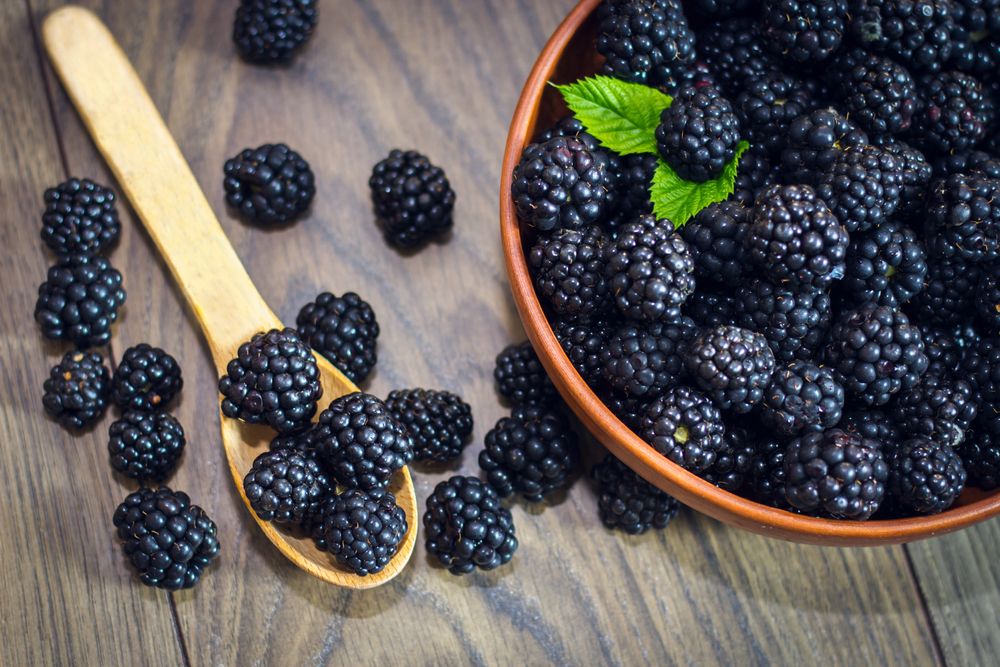
With an antioxidant capacity of 4.02 mmol/3.5 oz, blackberries boast a rich concentration of antioxidants, including ellagic acid, tannins, and anthocyanins, indicated by their dark hue. These berries are renowned for their diverse array of phenolic compounds and flavonoids, which significantly contribute to their potent antioxidant properties. Additionally, blackberries offer notable health benefits due to their high nutritional content, including dietary fiber, vitamin C, vitamin K, folic acid, and manganese.
13) Cranberries
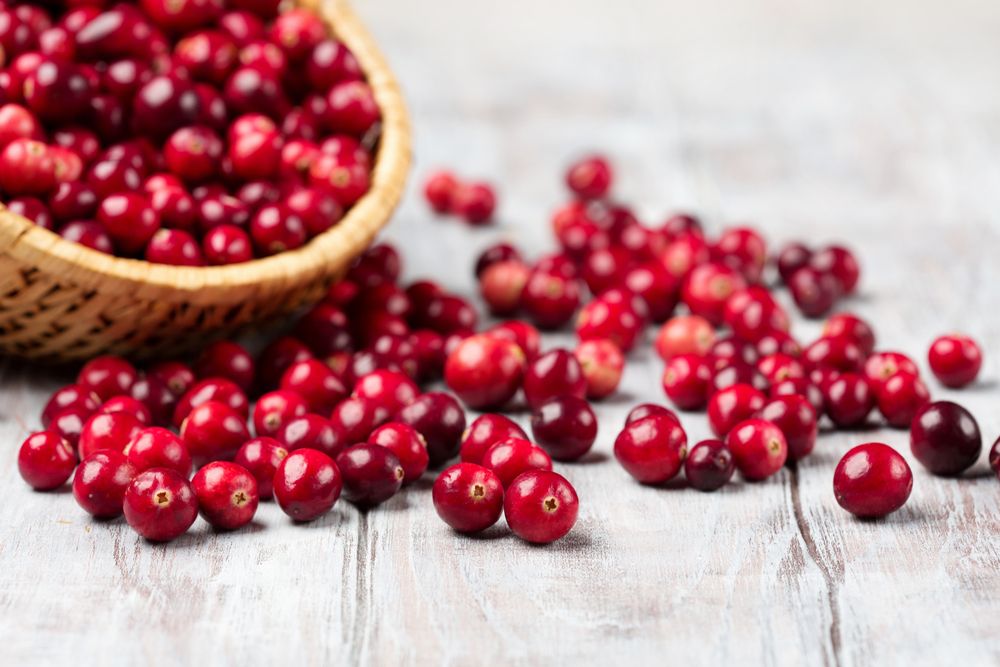
With an antioxidant capacity of 3.29 mmol/3.5 oz, cranberries may be small in size, but they offer substantial antioxidant benefits, primarily due to the presence of anthocyanins and polyphenols. These compounds contribute to the fruit's ability to prevent urinary tract infections, a well-known benefit of cranberries. Moreover, studies published in the Journal of the Science of Food and Agriculture indicate that cranberries can inhibit H. pylori bacteria in the stomach and provide protection against intestinal inflammation.
14) Blueberries
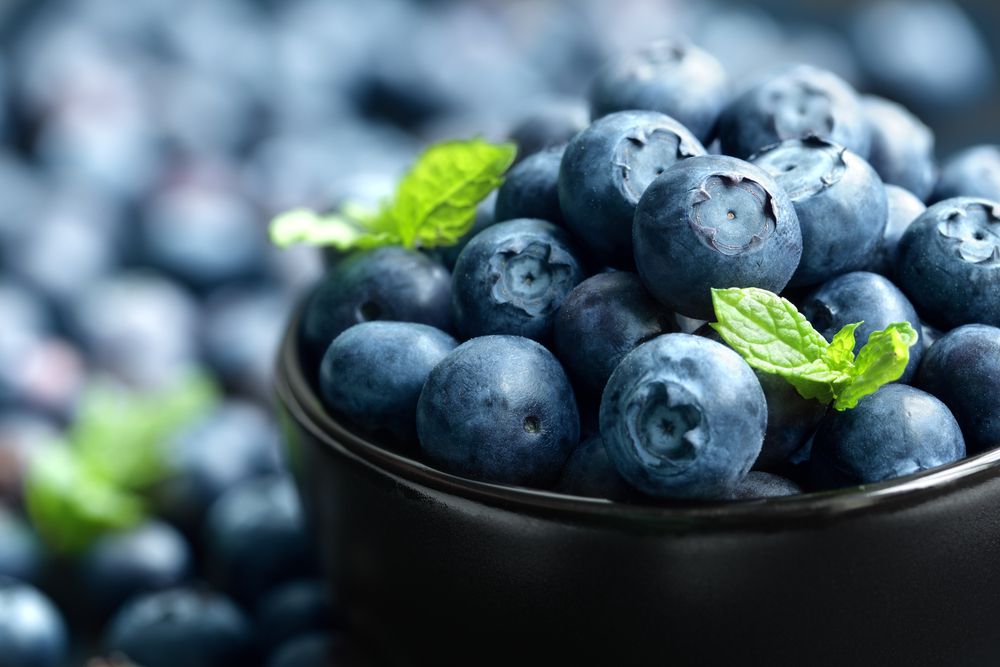
With an antioxidant capacity of 1.85 mmol/3.5 oz, blueberries stand out as a superfruit renowned for their antioxidant properties. Research suggests that consuming blueberries may contribute to maintaining cognitive function with age, promoting healthy blood flow, and reducing levels of LDL cholesterol, thereby supporting cardiovascular health. Additionally, wild blueberries offer an even greater antioxidant boost and lower natural sugar content compared to cultivated blueberries, making them an excellent choice for enhancing your antioxidant intake.
15) Raspberries
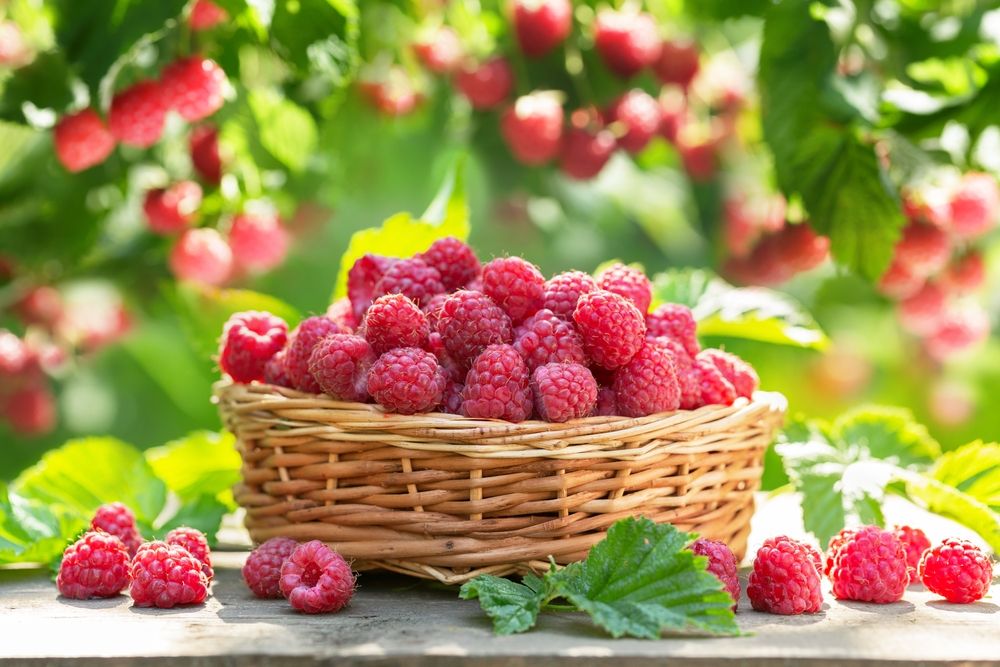
With an antioxidant capacity of 3.35 mmol/3.5 oz, raspberries rank among the top fruit sources of antioxidants. These antioxidants primarily come from ellagic acid, a phenolic compound known for its anti-cancer properties, and anthocyanins, which offer heart health benefits and may help prevent age-related declines in memory and cognition, as suggested by research from Oregon State University scientists. Additionally, a cup of raspberries provides 8 grams of fiber, making them an excellent choice for promoting gastrointestinal health and overall wellness.
16) Tart Cherries
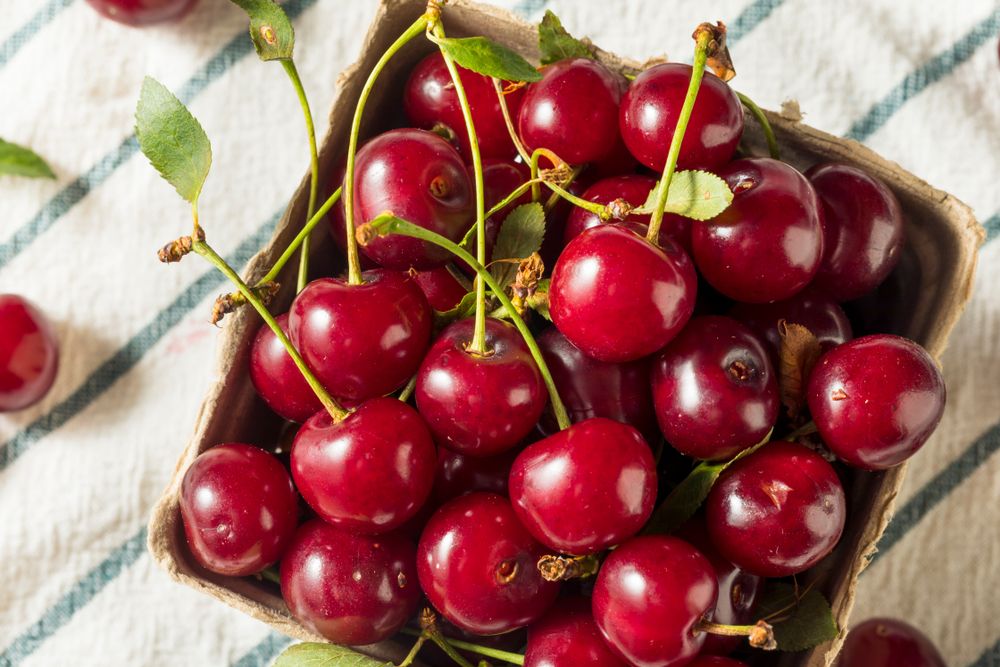
With an antioxidant capacity of 7.1 mmol/3.5 oz, tart cherries are a nutritional powerhouse, offering various health benefits. Although they are not commonly consumed fresh, dried tart cherries can be added to salads and baked goods, while 100% tart cherry juice is another potent way to enjoy their health benefits. Tart cherries contain three potent antioxidant compounds: anthocyanins, flavanols, and chlorogenic acid. Research suggests that tart cherries may help with blood pressure regulation, moderating blood sugar levels, reducing inflammation, and more. Additionally, tart cherry juice is often recommended for alleviating post-exercise muscle soreness, with studies indicating its effectiveness in reducing inflammation, enhancing markers of DNA repair activity, and lowering blood pressure and cholesterol levels (as highlighted in a study published in the journal Nutrients).
17) Dried Goji Berries
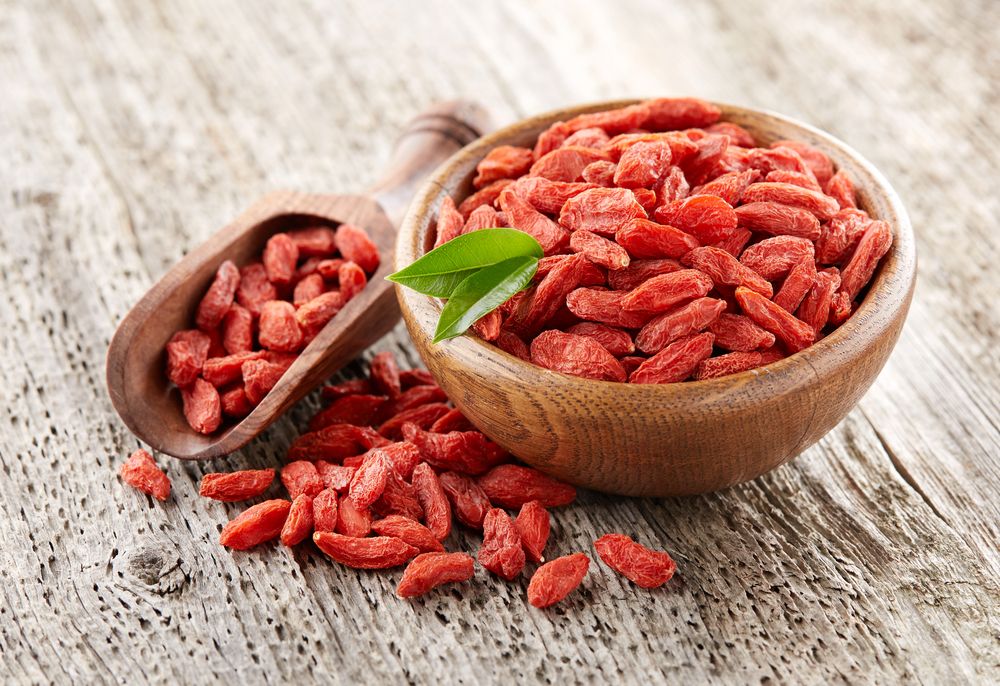
With an antioxidant capacity of 4.31 mmol/3.5 oz, goji berries have been treasured in Chinese culture for millennia due to their numerous health benefits. Supported by over 700 peer-reviewed research papers, goji berries are rich in carotenoids, phenolic compounds, and other bioactive substances that contribute to their antioxidant properties. Studies indicate that consuming goji berries may promote heart health, offer anticancer properties, boost immune function, and support eye health.
18) Beets
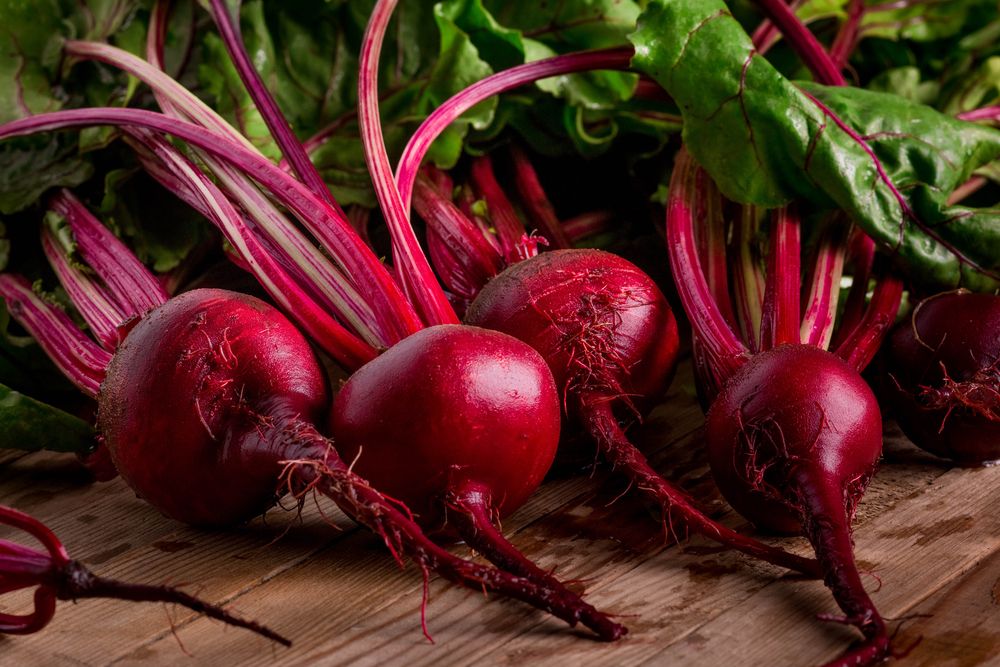
Beets boast an antioxidant capacity of 1.68 mmol/3.5 oz, evident in their ability to leave lasting stains on countertops and clothing due to their rich antioxidant content. In addition to their antioxidant properties, beets are packed with essential nutrients such as folate, potassium, vitamin C, and manganese. Moreover, the presence of nitrates in beets contributes to their potential to relax blood vessels, thereby improving athletic performance, aiding in post-exercise recovery, and assisting in blood pressure management. Research published in Food Science & Nutrition indicates that the antioxidant capacity of beets can be attributed to the presence of betalains, compounds that also contribute to their anti-tumor benefits.
19) Cooked Broccoli
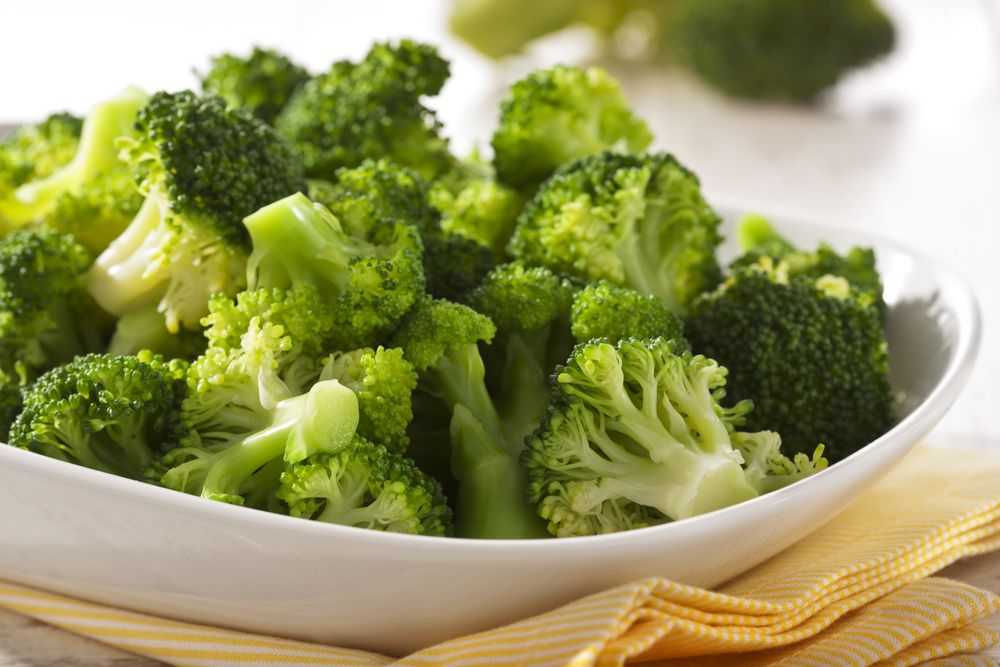
Broccoli, with an antioxidant capacity of 1 mmol/3.5 oz, offers an excellent opportunity to enhance your antioxidant intake. While fresh broccoli may contain fewer antioxidants per serving due to its high water content, cooked broccoli is denser in nutrients. Rich in vitamins A, C, and K, as well as calcium, potassium, and iron, broccoli also contains antioxidants such as glucosinolates, sulforaphane, and indole-3-carbinol. Research published in the journal Antibiotics underscores the myriad health benefits of broccoli, including heart health, anti-cancer properties, eye health promotion, weight management support, and immune system bolstering.
20) Dried Mango
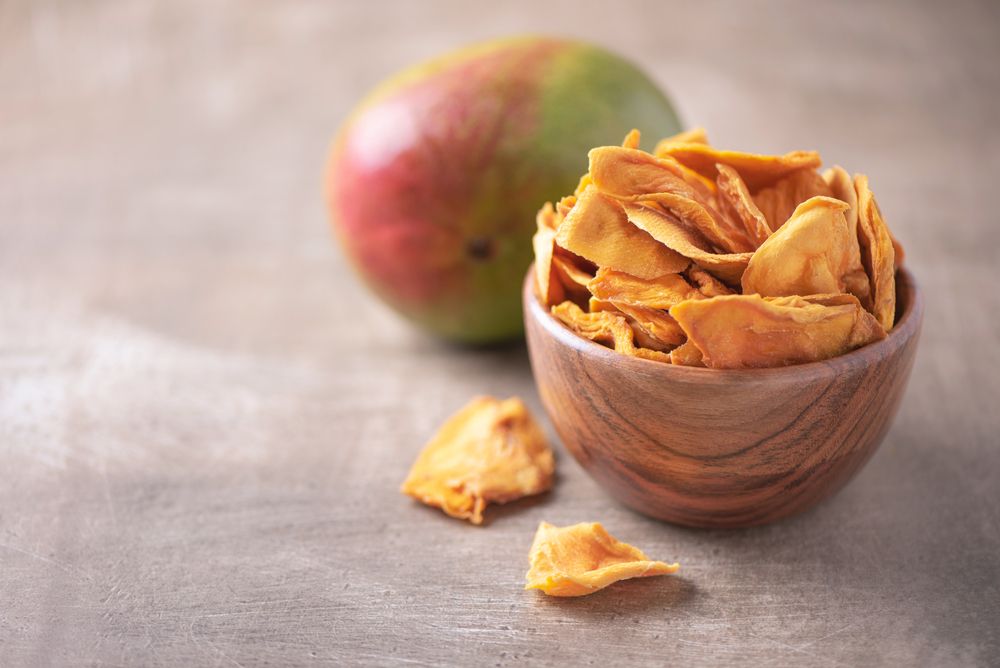
With an antioxidant capacity of 1.7 mmol/3.5 oz, mangos are rich in over 15 essential nutrients, including vitamins B, C, A, and E, as well as fiber, potassium, and magnesium. Renowned for their heart health benefits and potential to mitigate the risk of certain cancers, mangos also promote gastrointestinal well-being. Research published in the journal Molecular Nutrition & Food Research underscores the potential of mango as a dietary source of gallic acid and gallotannins, indicating anti-inflammatory and anti-carcinogenic properties.
21) Red and Orange Bell Peppers
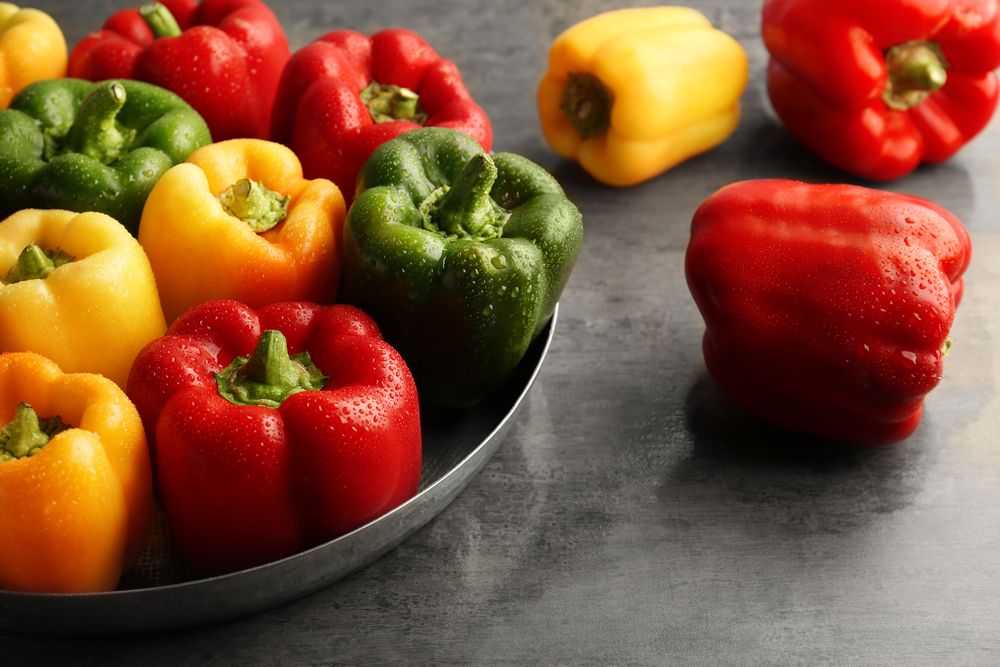
With an antioxidant capacity of 1.0 mmol/3.5 oz, red and orange bell peppers boast higher antioxidant levels compared to green bell peppers. These vibrant peppers offer more than 100% of the recommended daily intake for vitamin C, along with vitamins A, E, and K, B vitamins, and potassium. Among the distinctive bioactive compounds with antioxidant properties found in bell peppers is capsanthin, associated with health advantages such as cholesterol reduction, body fat reduction, and inflammation mitigation.
22) Brussels Sprouts
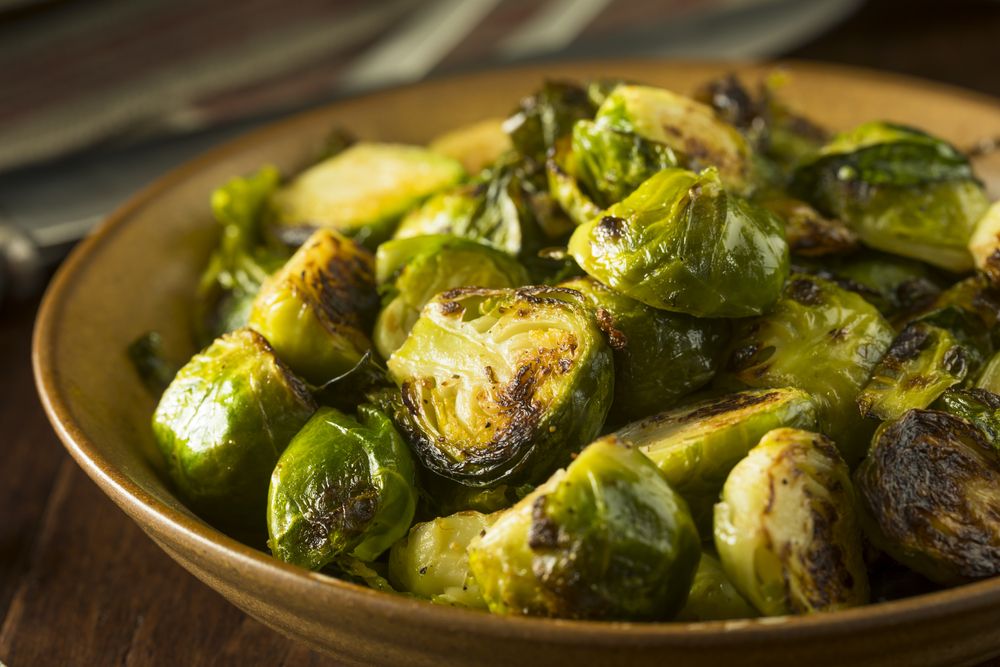
With an antioxidant capacity of 1.33 mmol/3.5 oz, Brussels sprouts emerge as nutritional powerhouses among cruciferous vegetables. Similar to their cousins broccoli, cauliflower, kale, and collard greens, Brussels sprouts are rich in antioxidants and essential nutrients. Studies indicate their anti-cancer properties, while others suggest benefits for heart and gastrointestinal health, along with potential blood sugar level regulation.
23) Sundried Tomatoes
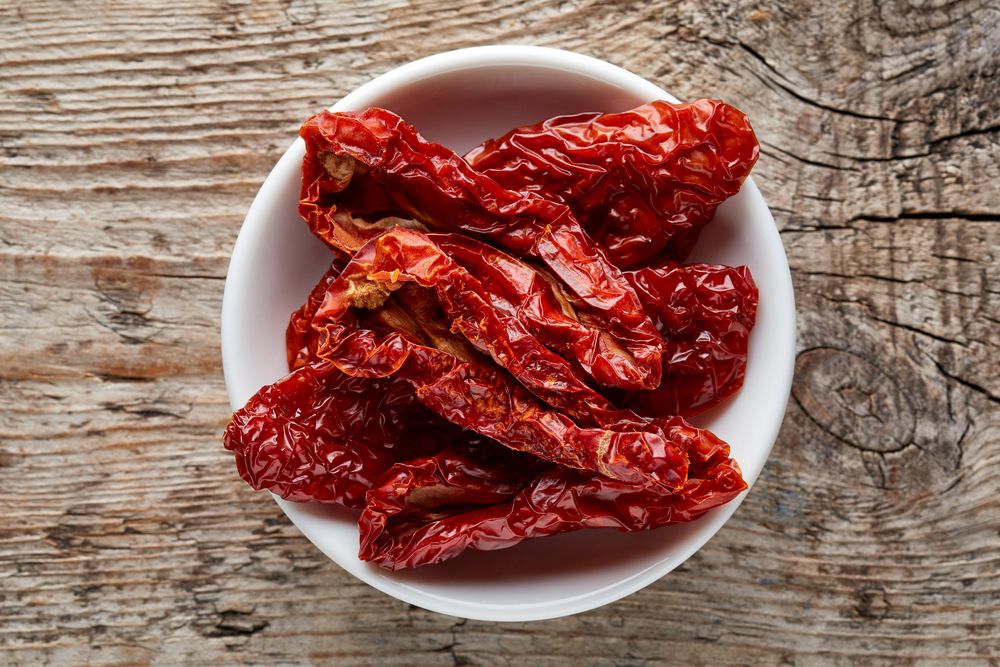
With an antioxidant capacity of 1.3 mmol/3.5 oz, sundried tomatoes stand out as potent defenders against oxidative stress, lowering the risk of chronic ailments like heart disease and specific cancers. They are rich in three carotenoid antioxidants—lycopene, lutein, and zeaxanthin—known for supporting eye health, along with antioxidant vitamin C.
24) Oranges

With an antioxidant capacity of 0.9 mmol/3.5 oz, oranges are renowned for their antioxidant richness among citrus fruits. They boast unique antioxidants such as flavones, terpenes, and limonoids, known for their robust antioxidant properties. Oranges are also packed with essential vitamins, including vitamin C and A, along with potassium, calcium, fiber, and B vitamins. Research indicates that oranges contribute to immune system enhancement, blood pressure management due to their potassium content, and offer anti-cancer, anti-inflammatory, neuroprotective, and anti-aging benefits.

